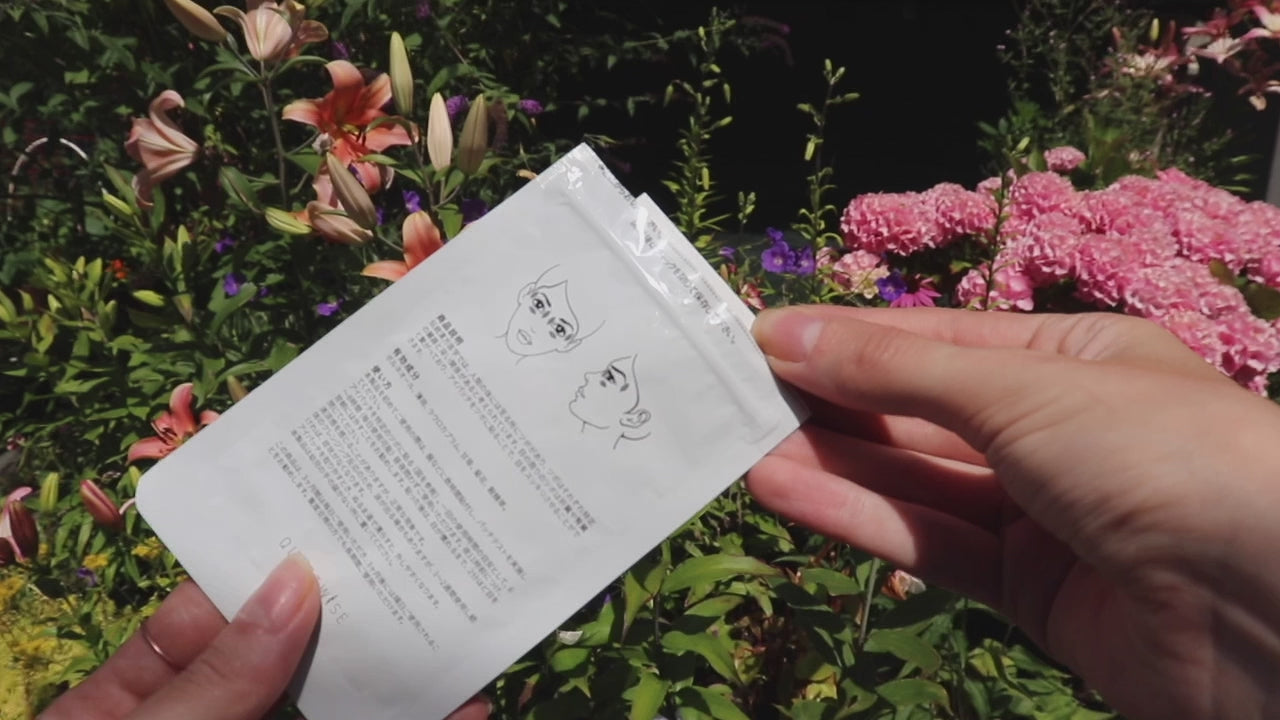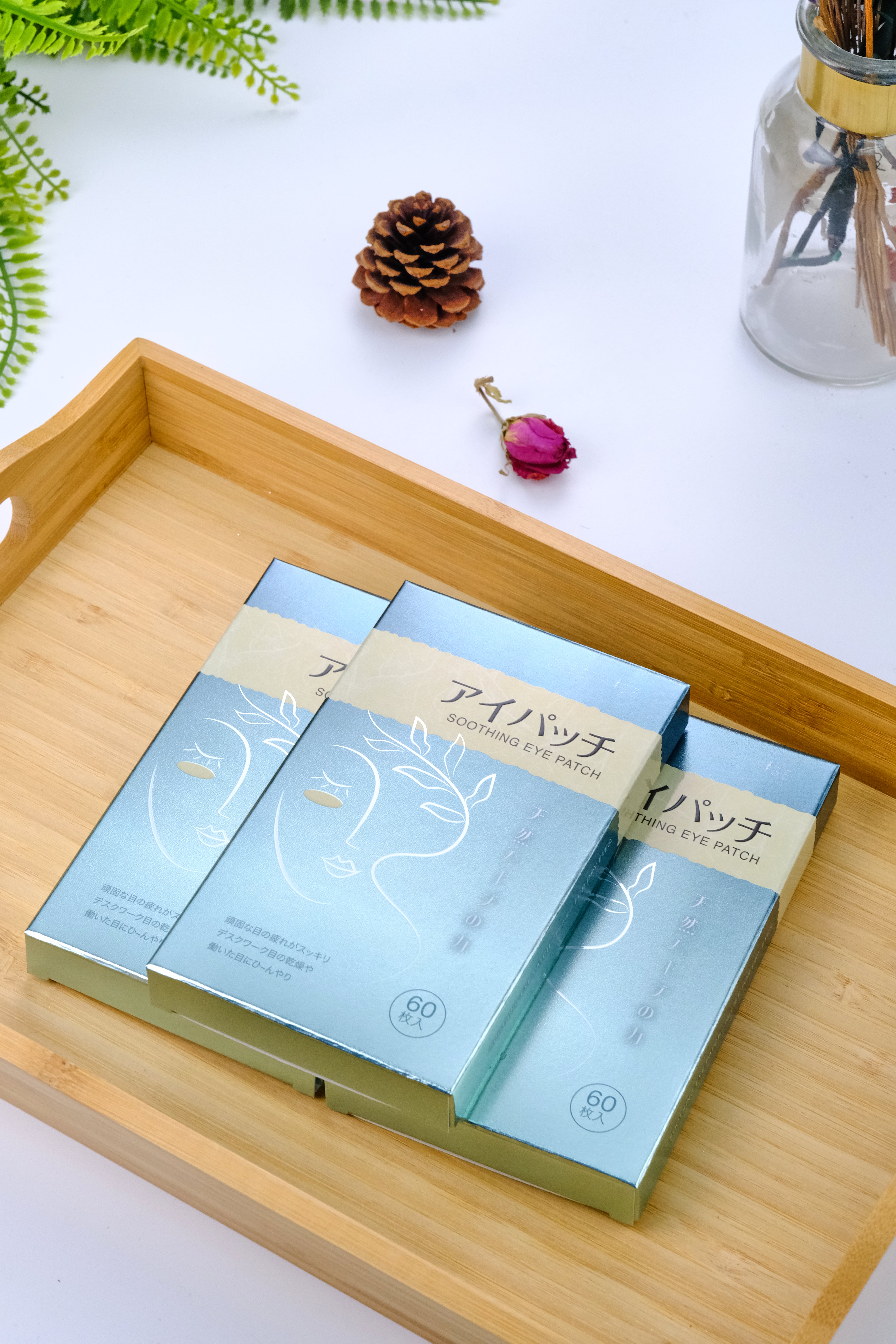Hay Fever Eye Itch vs. Allergies: A Comprehensive Guide to Causes, Symptoms, and Relief in 2025
In 2025, the prevalence of allergies continues to rise, impacting millions worldwide. Understanding the nuances between different types of allergies, particularly those affecting the eyes, is crucial for effective management. This comprehensive guide delves into the complexities of hay fever eye itch, distinguishing it from other allergic reactions and offering practical strategies for achieving lasting relief. We'll explore the underlying causes, delve into the characteristic symptoms, and provide you with a roadmap to identify your specific triggers, empowering you to take control of your eye health.
The Science Behind Hay Fever Eye Itch
Hay fever, medically termed allergic rhinitis, is a common allergic reaction triggered by airborne pollen. This microscopic plant matter, released by trees, grasses, and weeds during their respective blooming seasons, acts as an allergen for susceptible individuals. When pollen comes into contact with the mucous membranes of the eyes, it sets off a chain reaction. The immune system, mistakenly identifying the pollen as a threat, releases histamine and other inflammatory chemicals. This inflammatory cascade leads to the characteristic symptoms of hay fever: itchy, watery eyes, sneezing, a runny nose, and nasal congestion. The intensity of these symptoms can vary significantly depending on individual sensitivity and pollen levels.
Beyond Pollen: Unmasking Other Allergic Eye Irritants
While pollen is the primary culprit behind seasonal hay fever, numerous other substances can induce similar eye irritation. Pet dander, the microscopic skin flakes shed by animals, is a frequent offender, causing persistent eye allergies in individuals sensitive to cats, dogs, or other pets. Dust mites, tiny arachnids found in bedding, carpets, and upholstery, are another common source of indoor allergens. Their feces and body parts can trigger allergic reactions, leading to persistent eye itching and inflammation. Mold spores, prevalent in damp environments, also act as potent allergens. These microscopic fungi, commonly found in bathrooms, basements, and other humid areas, release spores that can trigger allergic reactions in sensitive individuals. Moreover, certain foods can trigger allergic reactions that manifest as eye symptoms, showcasing the diverse range of potential allergy triggers.
Identifying Your Allergen: A Detailed Diagnostic Approach
Pinpointing the specific allergen responsible for your eye irritation is paramount for effective management. Begin by meticulously documenting your symptoms. Maintain a detailed journal, noting the onset of symptoms, their severity, and any potential environmental factors. Were you outdoors near flowering plants? Did you spend time around pets? Were you in a dusty or damp environment? This careful observation will provide valuable clues to help you, or your doctor, identify the likely culprits. If self-assessment proves insufficient, seeking professional help is crucial. An allergist can perform comprehensive allergy testing, identifying specific allergens through skin prick tests or blood tests. This precise diagnosis allows for the development of a tailored treatment plan.
Managing Hay Fever Eye Itch: A Multi-Pronged Strategy
Managing itchy eyes from hay fever or other allergies requires a multi-pronged approach. First, minimizing exposure to identified allergens is essential. This may involve using air purifiers with HEPA filters to remove airborne particles, regularly washing bedding in hot water to eliminate dust mites, and strategically cleaning your home to minimize dust and mold buildup. Lifestyle adjustments, such as limiting contact with pets or avoiding specific foods, may also be necessary. Over-the-counter and prescription medications offer effective symptom relief. Antihistamines, available as oral tablets, nasal sprays, and eye drops, effectively block histamine, reducing inflammation and relieving itching. Decongestants can alleviate nasal congestion, and mast cell stabilizers help prevent histamine release. In severe cases, corticosteroids can provide powerful anti-inflammatory action.
The Soothing Power of Wise Quest Soothing Eye Patches
For a gentle, complementary approach to managing allergy-related eye discomfort, consider incorporating Wise Quest Soothing Eye Patches into your routine. These innovative patches harness the power of traditional Chinese herbal medicine to provide targeted relief from a range of eye issues.

The Wise Quest Soothing Eye Patches offer fundamental relief from eye fatigue, dryness, astringency, redness, and swelling. They work by promoting healthy blood circulation in the eye area, helping to reduce inflammation and alleviate discomfort. These patches offer a soothing and complementary approach to managing symptoms, particularly when used in conjunction with other treatment methods.
Long-Term Allergy Management: A Holistic Approach
Effective allergy management extends beyond immediate symptom relief. Adopting a holistic, long-term strategy is crucial for maintaining overall eye health and improving your quality of life. Regularly cleaning your home, using hypoallergenic bedding, and employing effective air filtration are essential steps. Consider incorporating dietary changes to support your immune system and reduce inflammation. A balanced diet rich in fruits, vegetables, and omega-3 fatty acids can contribute to improved immune function and reduced allergy symptoms. Regular exercise, stress management techniques, and adequate sleep further enhance your body's resilience to allergens.
Beyond the Basics: Advanced Allergy Management Techniques
For individuals with severe or persistent allergies, immunotherapy may be an option. This treatment involves gradually desensitizing your immune system to specific allergens, reducing your sensitivity over time. Immunotherapy can be administered through subcutaneous injections or sublingual tablets. In some cases, more specialized treatments, such as eye drops containing corticosteroids or other medications, may be necessary to manage severe allergic reactions. Always consult with an allergist or ophthalmologist to determine the most appropriate treatment plan for your individual needs.
Conclusion: Charting Your Course to Allergy Freedom
Successfully managing hay fever eye itch and other allergies requires a multifaceted approach. By meticulously identifying your triggers, incorporating avoidance strategies, utilizing appropriate medications, and exploring complementary remedies such as Wise Quest Soothing Eye Patches, you can take control of your eye health and significantly improve your quality of life. Remember, a proactive and holistic approach, combined with professional guidance, offers the most effective path towards long-term allergy relief.
Keywords:
Hay fever eye itch, eye allergies, allergic rhinitis, itchy eyes, watery eyes, allergy relief, eye patches, Wise Quest Soothing Eye Patches, seasonal allergies, pet allergies, dust mite allergies, mold allergies, food allergies, allergy management, allergy treatment, holistic allergy relief, immunotherapy, allergy testing, allergy symptoms, eye health, 2025 allergy trends











